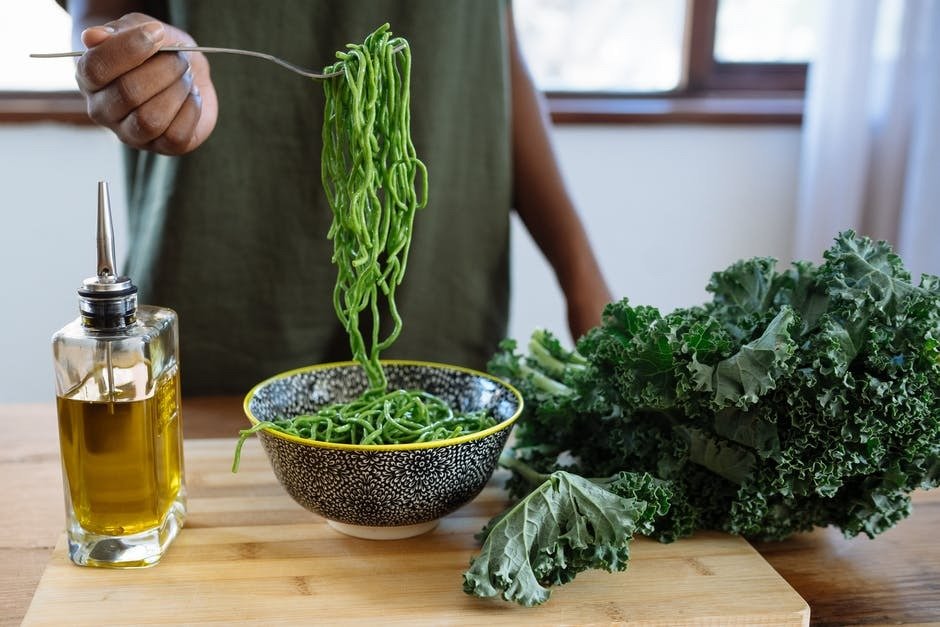Extra Virgin Olive Oil - 4 Health Benefits Of This Nutritional Essential

Olive Oil, better known as virgin oil, is oil derived from the olive tree, a standard crop of the Mediterranean Basin. It's most common use is in cooking but it's also used as a natural, unsubsidized salad dressing and for frying food. It's generally a light yellowish color. The oil is largely composed of monounsaturated fats and contains no saturated or trans fats. It's a "good" fat. See page and find out more about olive oil.
As with any fat, there are pros and cons of using olive oil. Consuming extra-virgin olive oil raises good cholesterol levels that can help to prevent heart disease. The polyunsaturated fats found in the olive oil actively combat cellular damage done by free radicals. Free radicals cause cellular damage throughout the body, including the skin, which leads to wrinkles and skin aging. Consuming extra-virgin olive oil lowers blood pressure and increases blood flow to the skin.
Consuming olive oil has been shown to reduce the risk of heart disease and stroke through its ability to lower LDL cholesterol (a type of fat that circulates through the bloodstream) and raise HDL cholesterol (a type of fat that transports nutrients to the bloodstream). In addition, olive oil is a source of monounsaturated fatty acids, the essential substance that creates low-density lipoprotein (HDL). Consuming olive oil provides significant dietary fiber and other nutritional value.
Consuming extra virgin olive oil derived from the first pressing of the olives results in a highly concentrated, rich source of monounsaturated fatty acids. That's why the ancients began using it for everything from cooking to medicine. When extra virgin olive oil is pressed, the juice spills out on to the first pressing plate, releasing the essential oils along with the juice. The rest of the oil is then left to mature, without being discarded or changed. During this time, monounsaturated fatty acids accumulate in the juice and create high quality products such as Extra Virgin Olive Oil.
The olive oil folsom ca contains high levels of vitamin E and several other antioxidants. It is also rich in polyphenols - plant chemicals that contain numerous health and medicinal properties. The polyphenols found in Extra Virgin Olive Oil are believed to help prevent heart disease by reducing the buildup of plaque on artery walls. The oil also protects against certain cancers and aids digestion. Consuming extra virgin olive oil on a regular basis may help reduce your risk of heart disease and cancer.
Consuming extra virgin olive oil may help you lose weight. The extra calories that the extra virgin oil provides are used for energy. Therefore, you burn off those unwanted pounds. But, do note that the weight loss effects of this natural oil last only a few weeks. You can further increase your metabolic rate by eating foods that have a high fiber content. By including more fruits and vegetables in your diet, you can boost your fiber intake and keep yourself fit and trim. See site for further details on olive oil: https://www.ehow.com/info_12304721_olive-oil-tenderize-meat.html.
